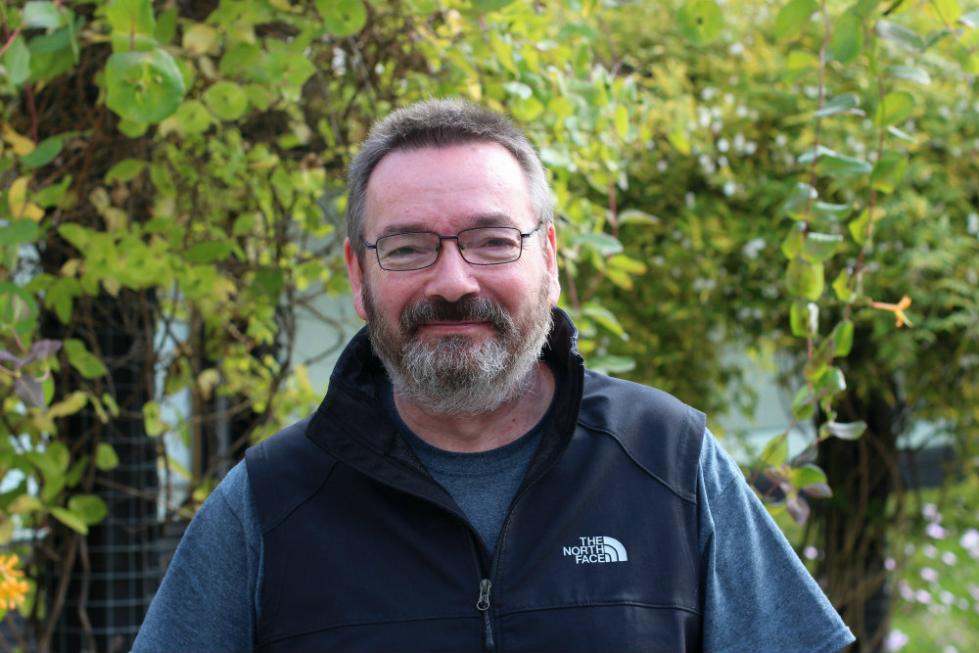
What does Scotland want or expect in terms of its landscape? Who benefits from the current management of this key resource? And if change is required, how can that change be managed?
The Centre for Scotland’s Land Futures, a new interdisciplinary and inter-institutional enterprise run jointly between the University of Stirling and the University of Dundee, has been established to examine the past, present and future of Scotland’s land issues.
It brings together perspectives from across History, Geography, Economics, Art, English, Law and Philosophy in the process helping address a gap in the nation’s knowledge and perception of the use of land.
Dr Alasdair Ross, Reader in Environmental and Medieval History in the School of Arts & Humanities at the University of Stirling, has studied both Scottish and European landscapes over a period of 1000 years.
He said: "Too often we forget how past communities tackled pressing issues like climate change or population pressures and how their decisions helped create and shape our current Scottish cultural landscapes.
"Understanding these past processes will help frame immediate concerns concerning the modern Scottish landscape, but only if all of the concerned parties are fully engaged in the process – something this new Centre aims to facilitate."
Dr Annie Tindley, Senior Lecturer in History at the University of Dundee and Director of the Centre for Scotland’s Land Futures added: "Up until now there has been comparatively very little research in to Scotland’s land use and the history surrounding it, but since it has become a devolved issue it is attracting much greater interest.
"We need a Centre like this in Scotland more than any other part of the UK because land use is such a huge political issue, and not just for rural land, it is an urban issue as well. Yet up until now Scotland has been the only part of the UK without a centre like this.
"Scotland has the most concentrated pattern of land ownership in the UK, whereby around 450 land owners control half of the land. We need to understand the history of land ownership and use, the issues surrounding it and how it has, and will, influence our culture."
The Centre will look to bring together interested parties from land owners and community groups to academics and policymakers, and from all over Scotland.
It has already established Memoranda of Understanding with the National Trust for Scotland and the Mount Stuart estate. These discussions and research will greatly inform current teaching, thereby helping to create and equip a new community of researchers to tackle these pressing and exciting issues.
Media enquiries to David Christie, Senior Communications Officer, on 01786 466 653 or david.christie1@stir.ac.uk.
